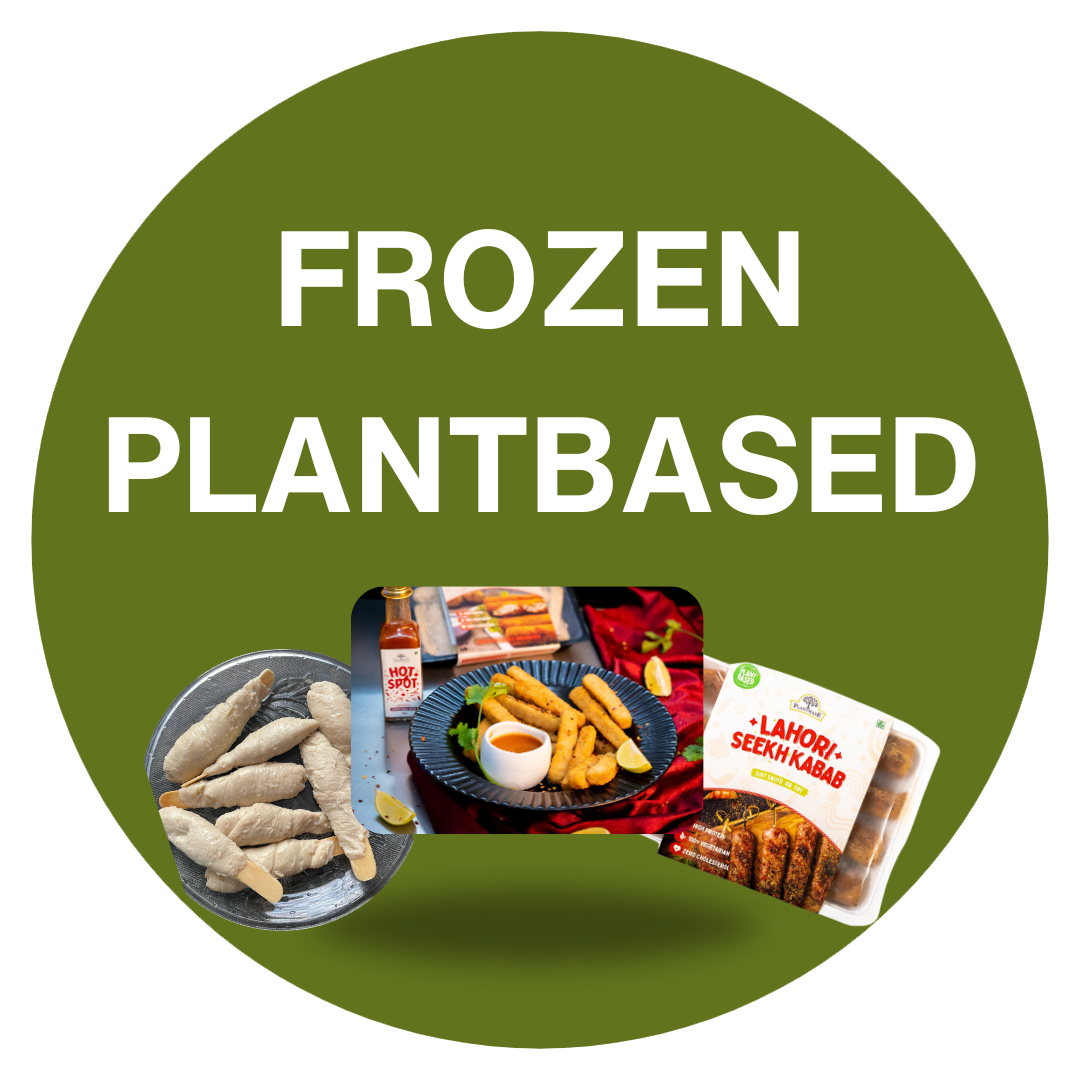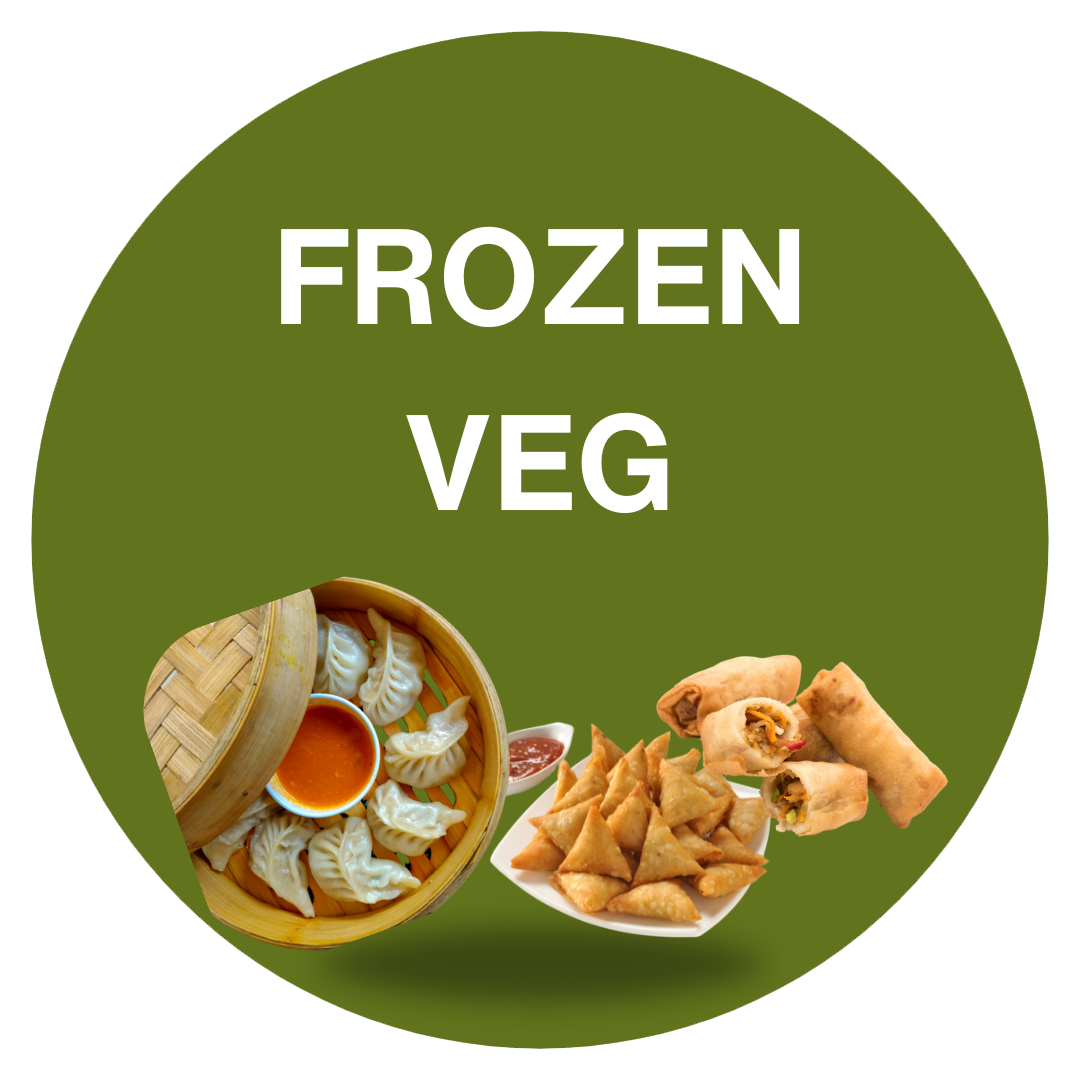In recent years, the demand for organic food has skyrocketed, with many consumers seeking healthier and more environmental friendly choices. As a vegan, you’re likely already making conscious vegan food choices, but you might also have questions and concerns about organic foods. Are they really better for you and the planet, or are they just another marketing ploy? In this article, we’ll guide you through the maze of organic food myths and help you make informed decisions that align with your vegan values.
Myth #1: All Organic Food Is Vegan
One common misconception is that all organic food is automatically vegan-friendly. While organic farming practices tend to be more sustainable and less reliant on harmful chemicals, it doesn’t necessarily mean the food is free from animal-based ingredients. Always check product labels for hidden non-vegan ingredients like honey, gelatin, or certain additives. Being a vigilant label reader is essential for vegan food eaters, even when shopping for organic products.
Myth #2: Organic Food Is Always Healthier
It’s true that organic food is grown without synthetic pesticides and genetically modified organisms (GMOs), it is considered as natural food, but this doesn’t automatically make it healthier. Organic potato chips are still potato chips, and organic sugary cereals are still sugary cereals. Focus on whole, unprocessed organic foods like fruits, vegetables, grains, and legumes to maximize the health benefits of your vegan diet.
Myth #3: Organic Food Is Unaffordable
One of the most common myths about organic food is that it’s prohibitively expensive. While organic products can sometimes be pricier than conventional ones, there are strategies to make it more affordable. Shop at local farmers’ markets, join a community-supported agriculture (CSA) program, or grow your own organic produce if possible. Additionally, prioritize spending on organic items that matter most to you, such as the “Dirty Dozen” fruits and vegetables with the highest pesticide residues.
Myth #4: Organic Equals Small-Scale Farming
While many people associate organic with small-scale, family-run farms, large corporations also produce organic food. The scale of the operation doesn’t necessarily dictate the quality or sustainability of the product. Research the brands you trust, and don’t assume that an organic label alone guarantees ethical farming practices.
Myth #5: Organic Food Is Always More Sustainable
While organic farming often promotes better soil health and reduced chemical inputs, it’s not immune to sustainability challenges. Consider factors like food miles, water use, and packaging when evaluating the overall eco-friendliness of a product. Additionally, explore regenerative agriculture, a holistic approach to farming that prioritizes soil health and carbon sequestration, which aligns with vegan values and sustainability.
Making Informed Choices as a Vegan, you’re already making ethical and compassionate choices with your diet. When it comes to organic food, it’s crucial to approach it with the same discernment. Not all organic foods are created equal, and myths abound. By reading labels, prioritizing whole foods, seeking affordable options, and considering sustainability beyond organic certification, you can make informed choices that align with your values. Remember, the journey towards conscious consumption is an ongoing one, and every informed choice you make helps create a more compassionate and sustainable food system.




